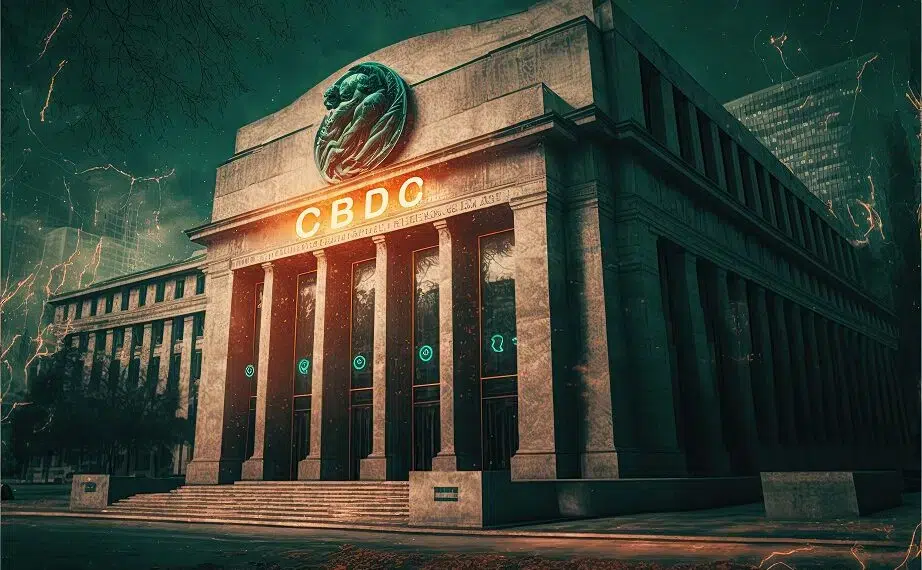Key facts:
All countries in the BRICS bloc are considering launching digital currencies as a path to de-dollarization.
The United States and other G7 countries also have CBDC projects for international payments.
Growing interest from governments in developing central bank digital currencies (CBDCs) for wholesale use has emerged as a prominent trend throughout 2024. This phenomenon comes amid a general lack of public interest in retail digital currency projects, while tensions are mounting between those seeking to strengthen or weaken the dollar.
This has resulted in the fact that currently 98% of the world economy is exploring the development of digital versions of their currencies, as indicated by statistics published on September 17 by CBDC tracker Atlantic Council.
“Since the Russian invasion of Ukraine and the G7 sanctions response, cross-border CBDC projects have more than doubled,” the report notes, highlighting that a new record of 44 ongoing CBDC pilot projects has been reached, including the digital euro and the Chinese digital yuan. These are jurisdictions that maintain their interest in these currencies, despite public rejection and even the lack of interest from banks and financial institutions.
This is a rejection that has led to many of the retail projects that are in their early research stages being developed. with expanded objectivesThe idea is that they will not only allow for retail payments, but also for international operations.
In this way, many are becoming hybrid projects (retail and wholesale), with a few very well focused on wholesale payments. In that sense, There are 13 projects presented this year, thought only to use the currencies in interbank settlements and in international trade.
Among those wholesale projects is mBridge, which connects banks in China, Thailand, the United Arab Emirates, Hong Kong and Saudi Arabia and which may be More countries will join in the coming months.
In this regard, research by the Atlantic Council think tank shows that both G20 nations like the that make up the BRICS are currently very interested in developing CBDCs for cross-border payments.
All of the original BRICS member states (Brazil, Russia, India, China and South Africa) are piloting a CBDC, the study says, recalling the fact that these countries have been making great efforts, since last year, to the development of an alternative payment system to the dollar.
The same is true for the G20, with all countries in the group exploring a CBDC. “19 of them are in advanced stages of exploration, 13 countries are already in the pilot stage,” the report says. These include Brazil, Japan, India, Australia, Russia and Turkey.
It should be remembered that some of these nations are also part of the BRICS, but operate within the G20. with interests more aligned with the coordination of macroeconomic policies among the great world powers.
The United States is also planning its CBDC
In its report, the Atlantic Council highlights the role of the United States in this group, which together with six other central banks participates in a cross-border CBDC project. identified as AgoráBanks from several countries are participating in the project, which is currently in the design phase.
The US participation in this project comes in a context where The possibilities are becoming fewer and fewer for the country to launch a retail digital currency.
As CriptoNoticias reported, last May the United States House of Representatives approved a bill that prohibits the direct issuance of a CBDC. This, while the number of state governors issuing bans on the use of this type of currency is increasing. Therefore, it seems more viable to participate with a CBDC at a global level.
These are facts that predict –in the long term– that it is most likely that wholesale CBDCs endurebecoming one of the main tools used by the different regional blocks to manage the dynamics of international trade.






Leave a Reply